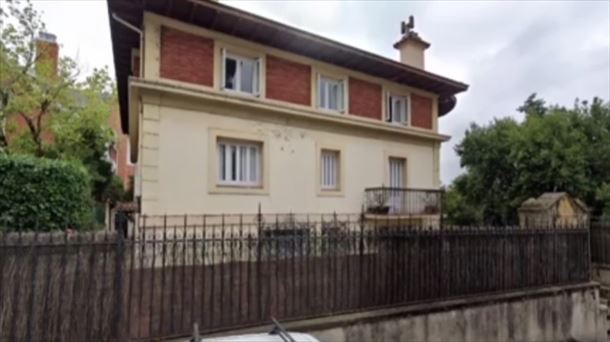After fierce criticism, the turquoise-green federal government presented an anti-inflation package on Wednesday. Responses to this fluctuate between “total failure” and “the direction is right”. However, the opposition and experts agree on one point: it will not be enough.
Many Austrians are groaning under the persistently high cost of living. To counter this, the government is now focusing mainly on the energy sector.
If it is up to Chancellor Karl Nehammer (ÖVP), energy companies will in future be “asked to pay” if they do not pass on falling prices to the end consumer. A “statutory electricity discount” is coming. The food and rental sector, on the other hand, were spared.
The government’s announcements therefore do not lead to a storm of cheer. The SPÖ already announced a vote of no confidence against the entire federal government on Monday – an instrument that the FPÖ also wants to use.
“Total Failure of the Federal Government”
A special session of the National Council will take place on Friday under the title “Total failure of the federal government in the fight against inflation”. SPÖ deputy club leader Jörg Leichtfried is not impressed by the package of measures of the turquoise-green government: he becomes “extremely” upset when he notices in the supermarket that an elderly couple can no longer afford butter, but the government’s press conference did not help these people.
“No price will be lowered by this press conference,” says Leichtfried. The food summit at the beginning of the week was unsuccessful: “This summit was a flop and this show press conference was the bigger flop.”
According to the SPÖ man, the announced tightening of the excess profit tax for energy companies is no more than an admission that the previous one was only an “excess profit tax” and that it was far too vague.
The planned price transparency in the food sector brings exactly one thing, namely: “People will have a better look at how they are being ripped off.” During the special session, the SPÖ wants to request the withdrawal of the reference rent increase and a rent freeze until 2025 and a reduction in VAT on basic foodstuffs.
WIFO: “The direction is right”
Gabriel Felbermayer, head of the Institute for Economic Research (WIFO), on the other hand, thinks: “The direction is right.” However, the size of the package is “clearly too small given the near-double-digit inflation rate.” The Nehammer government still needs to “improve” here a few more times, Felbermayer tweeted that it was also “unclear” how more transparency in the food trade would directly lower prices.
The Chamber of Labor (AK), on the other hand, delivered a damning verdict. More transparency is good, but “the package stops halfway, namely where effective measures must be taken”, according to a broadcast. AK chairman Renate Anderl asks: “Where is the rent brake, the heat cost brake and a halt to high food prices?”
How soon will the measures take effect?
IHS director Klaus Neusser does not expect the package to make a major contribution, but it does expect a lasting contribution to reducing inflation. He positively emphasizes that there are no demand-increasing elements, as would be the case with direct payments. In any case, with the increased skimming of profits from energy companies, the industry is under pressure to quickly pass on declining wholesale prices to customers, Neusser said. Due to the increasing transparency, the food trade is also called to account.
Neusser thinks that planned measures, such as switching energy suppliers more quickly or donating to social markets, will also have an effect. However, he expects only a negligibly small contribution from the suspension of the tariff increase in the public sector. According to the economist, it is generally difficult to estimate how quickly and strongly the effect of the measures will be.
Meinl-Reisinger calls for pressure on countries
NEOS boss Beate Meinl-Reisinger sees an end to “apologies” coming. She calls for more pressure on the countries. “The state can also curb inflation when it comes to energy prices. Because in the federal states, it is mainly the state’s energy suppliers who keep asking their customers to pay – even though energy prices are falling,” she explains on Twitter. So far, falling prices have “seeped out” into state budgets.
After the “belly at the food summit”, FPÖ leader Herbert Kickl also sees a “flash grenade without effect” in the anti-inflation package. The fact that the Federal Competition Authority is now being given additional powers to investigate price transparency for food does not change the high prices. “The tail keeps wagging the dog,” said Kickl disappointed.
Source: Krone
I am Ida Scott, a journalist and content author with a passion for uncovering the truth. I have been writing professionally for Today Times Live since 2020 and specialize in political news. My career began when I was just 17; I had already developed a knack for research and an eye for detail which made me stand out from my peers.



